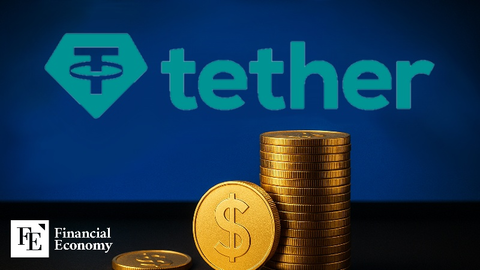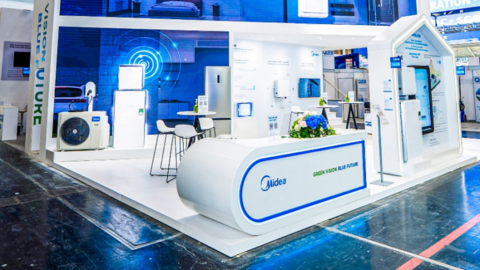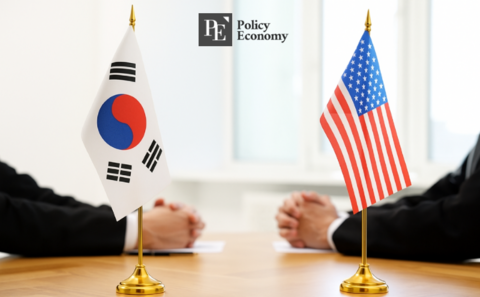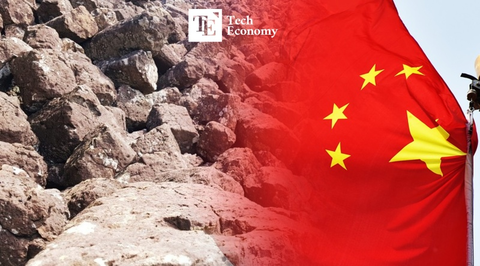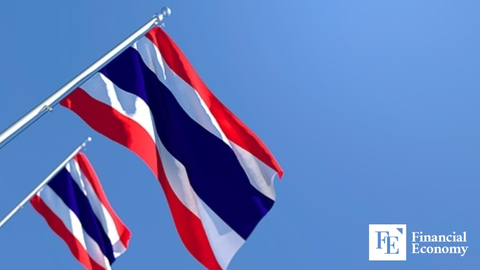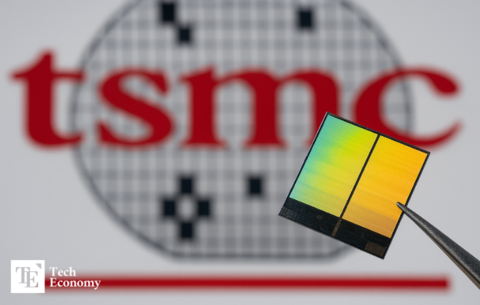The Silicon Valley–China AI Culture Clash: Work, Innovation, and Ideological Tradeoffs
Input
Modified
Silicon Valley is now borrowing China’s grueling “996” work schedule to stay competitive. Chinese firms, such as DeepSeek, are reshaping the AI battlefield with high-performance models at a low cost. This convergence of hustle and innovation is testing the boundaries of ambition, ethics, and global collaboration.
A new tech culture is quietly emerging at the intersection of America and China, a vision of relentless work, hyper-cost efficiency, and geopolitical rivalry. Silicon Valley firms once prided themselves on offering employees perks such as pool tables and flexible hours; today, many are signing up for China-style “996” schedules, 9 a.m. to 9 p.m., six days a week, to chase breakthroughs in AI. Meanwhile, Chinese startups like DeepSeek are challenging U.S. dominance with open-source language models that outperform in reasoning benchmarks while costing a fraction of the training cost. This collision of values and strategies is redefining what AI innovation looks like and what it demands.

Silicon Valley Embraces China’s 996 Culture: Is Burnout the Price of Ambition?
Once dismissed as exploitative, China’s “996” schedule sparked protests and even coined the term “modern slavery.” Yet today, that model is migrating west. Wired recently reported that several Silicon Valley AI startups are demanding employees work 12-hour days for six days a week, totaling 72 hours, with incentives or equity sweetening the deal.
Founders argue that only hyper-intensity can match the pace of global AI competition, especially when competitors move quickly. One AI firm, Rilla, reportedly requires all 80 of its staffers to follow the 996 schedule, drawing inspiration from legends like Steve Jobs and Kobe Bryant. Others, like Fella & Delilah, offer large pay and equity increases to staff who opt in.
But critics warn this culture threatens workforce wellbeing and equity. Experts point to burnout, legal violations, and a chilling effect on diversity, especially for workers who can’t sustain such schedules due to caregiving responsibilities or health issues. As Silicon Valley’s values shift from culture and balance to relentlessness, the gold rush of AI innovation may exact a painful toll.
This trend illustrates how competitive pressure can supersede previous workplace norms, risking not only exhaustion but also the cultural foundations that once defined Silicon Valley.
DeepSeek’s Rise: Low‑Cost Model, High Stakes
It wasn’t just Silicon Valley adapting to China’s tech grind. Chinese AI startup DeepSeek has released R1, an open-source model that rivals leading Western models on math and reasoning tasks, yet reportedly costs only about USD 6 million to train, roughly one-tenth the resources required for GPT-4. According to Wired, the model’s combination of efficiency and capability has shaken investors and challenged assumptions of Western technological superiority.
DeepSeek’s model became the top-downloaded app in the U.S. App Store, sending shockwaves through stock markets and raising questions about open‑source innovation and geopolitical disruption. Its rapid popularity and cost-effectiveness prompted comparisons to the Sputnik moment, and stirred global concern over U.S. hegemony in the field of AI.
Yet DeepSeek isn’t just about affordability. Wired also found that R1 systematically censors politically sensitive topics like Taiwan and Tiananmen, even through its open-source versions, reflecting deep alignment with Chinese regulatory norms. While uncensored versions may be hosted elsewhere, application-level restrictions remain pervasive.
The startup’s meteoric rise extends across multiple industries as well. From automakers and banks to government agencies, companies in China are integrating DeepSeek to signal progress, even if actual usage is limited or superficial. In a nation grappling with AI ambition and ideological control, DeepSeek exemplifies both promise and peril.
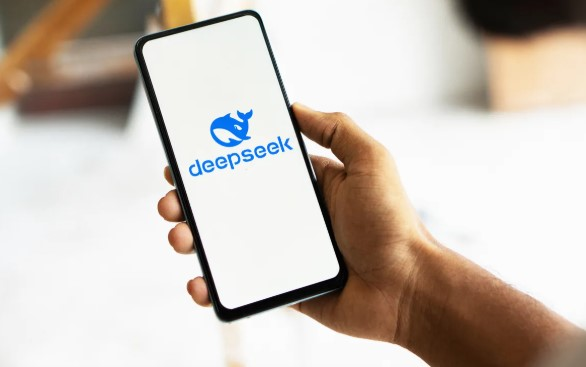
When Speed, Surveillance, and Sustainability Collide
Taken together, these trends reveal a new paradigm in AI: one where speed takes precedence over sustainability, and efficiency supersedes integrity. For Silicon Valley, adopting 996-style work schedules is a reflection of existential urgency. For Chinese innovators, DeepSeek demonstrates how low-cost approaches and open-source optimism can propel global leadership, albeit with trade-offs in transparency and autonomy.
Silicon Valley start-ups have been asking employees to choose between Summit and systems, while American workers are now being pushed into a 72-hour workweek. Meanwhile, DeepSeek’s refusal to engage with political topics raises concerns about ideological compliance embedded in technology itself.
A Reddit thread exemplifies the ambivalence: one user quipped, “We tried four‑day work weeks and productivity soared, then someone suggested we work more instead.” That satirical tone captures both desperation and absurdity in the race to keep pace. Additionally, labor experts warn that many U.S. AI startups implementing the 996 work schedule might violate domestic labor law protections.
The 996 was not particularly popular in China until recently, but DeepSeek has achieved huge success with the same lifestyle. Their rise shows how business results can normalize extreme practices.
Rather than emulating unsustainable practices, institutions can lead by example, setting limits on working hours, demanding transparency in AI models, and promoting the ethical use of data. That means not just building faster or cheaper models, but building them responsibly. In this cross-border culture clash, competition is inevitable. However, success will depend not only on technological prowess but also on whether societies can uphold human-centric principles alongside algorithmic ambitions. Our future need not be defined by burnout or obedience, but by innovation that rests on dignity, diversity, and democratic values.

